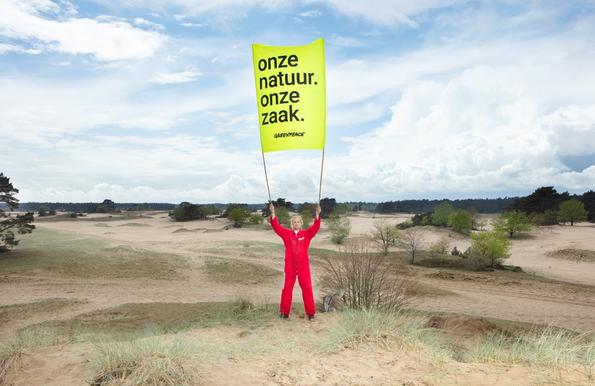Important win for @greenpeace_de NL supported by i.a. VBN in the #Nitrogen case. Court ruling shows that NL government needs to continue to make #agriculture sustainable, with less meat etc. This is good for people & health, water and nature! #RestoreNature #Casework https://www.greenpeace.org/nl/algemeen/56408/waarom-greenpeace-een-rechtszaak-voor-de-natuur-voert-en-tegen-het-trage-stikstofbeleid/#:~:text=Als%20de%20stikstofuitstoot%20van%20de,meest%20kwetsbare%20natuur%20te%20redden






